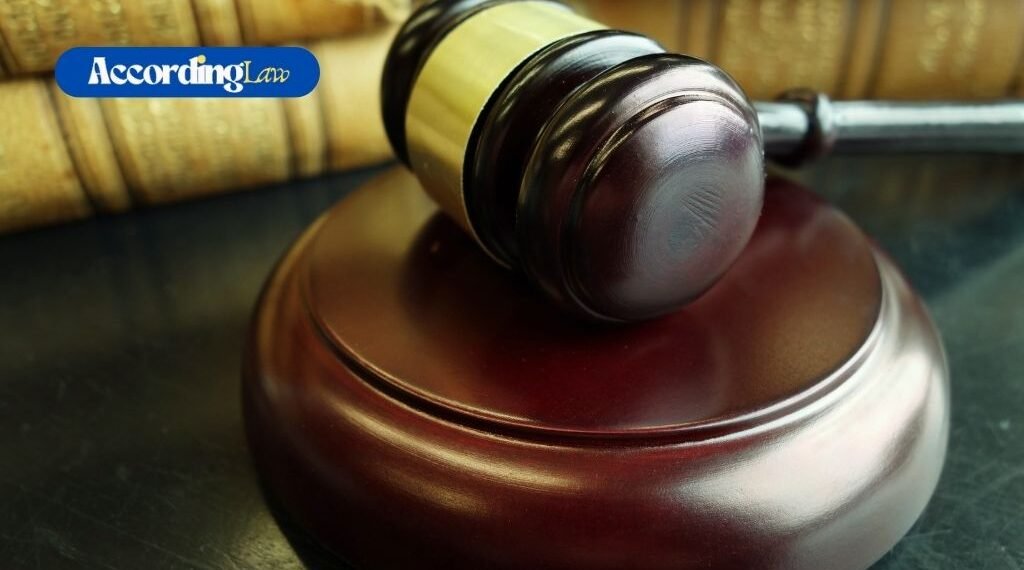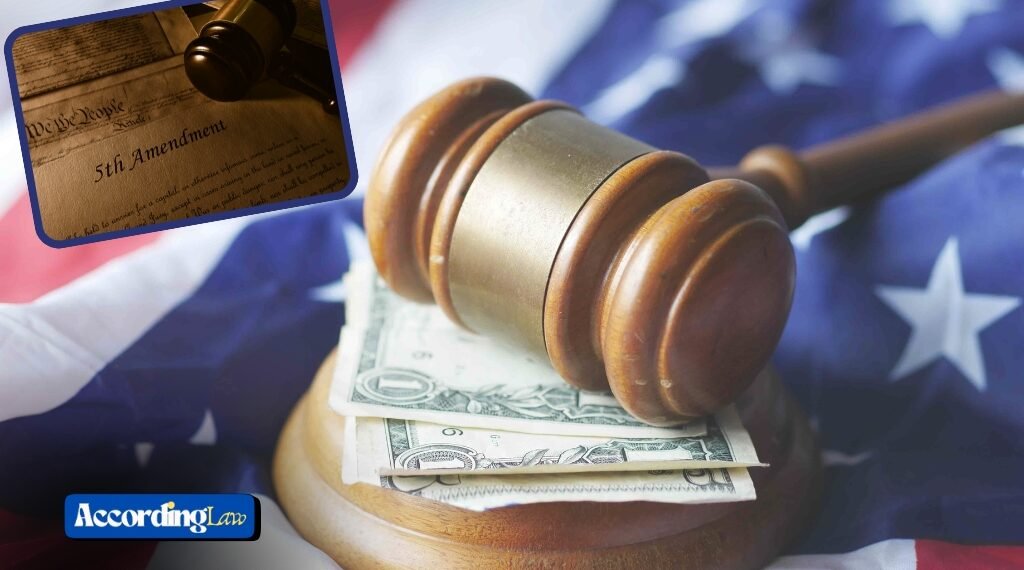If your attorney mishandled your case in a way that caused real harm, you may be able to sue them. Legal malpractice is about proving that your lawyer made serious errors that no reasonable attorney should make. So, if you are wondering “what can I do if my lawyer is not doing his job?”, the answer is simple: you can sue them.
Below are some valid reasons that show you may have a legal case against your attorney.
Table of Contents
Negligence or Incompetence
Just like doctors, lawyers must meet a certain professional standard. If your attorney failed to act with the competence and care expected, that is legal negligence.
For example, if they missed the statute of limitations, you lost the chance to recover damages. This could be grounds for a malpractice lawsuit. Another instance is if they file the wrong paperwork or give bad legal advice that a reasonable lawyer would not have given. On such grounds, it is not a matter of whether they won or lost the case, but more about whether they handled it correctly.
Breach of Fiduciary Duty
When you hire an attorney, they take on a fiduciary duty. This means that they must act in your best interest while maintaining confidentiality and loyalty to you. If your attorney acted in a way that violated trust, you could have a case.
A scenario is an attorney using your confidential information against you or making decisions that benefit the attorney instead of you. These breaches affect your case and break the trust between an attorney and a client.
Misappropriation of Funds
Lawyers often hold money for clients in a special account called a trust account. This can be settlement funds, advance payments in the form of retainers, court costs, or any money belonging to a client. If an attorney dipped into that account for personal use or failed to properly account for your money, they can be subjected to criminal liability.
If you suspect your lawyer has mishandled or stolen your funds, you may be able to sue to recover the money. Such misconduct leads to disciplinary action or even disbarment of the attorney involved.
Failure to Communicate or Get Consent
Your attorney should keep you updated about your legal matter. They have a duty to ensure you are reasonably informed by responding to your messages and consulting before making any big decisions.
If your lawyer settled your case without asking you, failed to appear in court without communicating, or just straight up ghosted you, they may have breached their professional obligations. Lack of communication can affect your case by causing avoidable mistakes.
Conflict of Interest
Your lawyer should represent you and only you. If they have a personal or financial stake in the outcome, like representing someone whose interests conflict with yours, they may be violating ethical rules.
For instance, when an attorney has business ties with your opponent, that’s a clear conflict of interest. These conflicts can weaken your case and affect the chances of getting a fair outcome.
What You Need to Prove When Suing an Attorney
When suing a lawyer for malpractice, you must prove:
Conclusion
Legal malpractice is serious, and you should not suffer in silence if your attorney failed you. If you believe a lawyer acted negligently, illegally, or unethically, speak with a legal malpractice attorney to understand and pursue your options.


